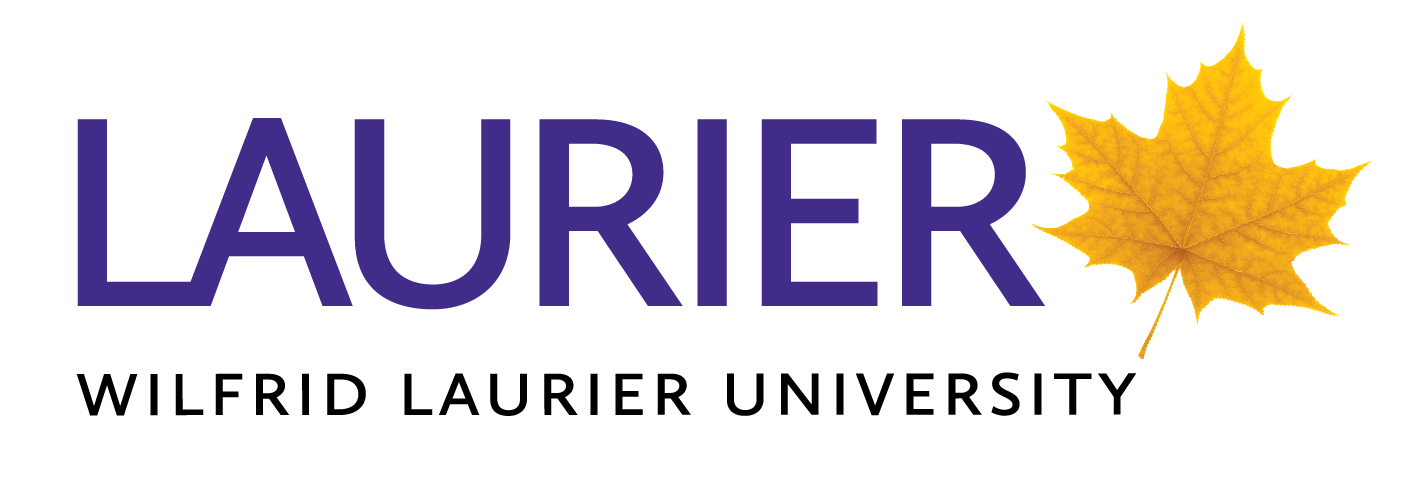Dialectical behaviour therapy (DBT), originally developed by Dr. Marsha Linehan to support individuals struggling with chronic suicide ideation and borderline personality disorder (BPD), is now recognized as a powerful, evidence-based intervention for a wide range of mental health challenges rooted in emotion dysregulation. In addition to its effectiveness with BPD, DBT has been adapted for adolescents and adults experiencing substance use disorders, bipolar disorder, binge eating disorder, and other mood-related conditions.
At its core, DBT helps individuals build a life worth living. It equips clients with practical skills to regulate emotions, tolerate distress without escalating harm, and navigate interpersonal relationships with more confidence and care. Grounded in both acceptance and change, DBT is delivered with a strong, genuine therapeutic relationship and supported by a structured, multifaceted treatment framework.
This certificate program offers an in-depth exploration of DBT's four independent, yet interconnected, modes of intervention:
- Individual therapy
- Skills training
- Coaching
- Consultation teams
Through a blend of theory, real-world case examples, role plays and small-group learning, you'll gain a functional understanding of each treatment component, its clinical rationale and how to apply DBT principles in diverse settings. Whether you're new to DBT or looking to deepen your skills, this program will help you integrate this transformative approach into your practice with clarity and confidence.
Prerequisites
An Introduction to DBT (or an approved equivalent) is a prerequisite to all other courses, which are advanced level trainings that build on the knowledge in the introduction course. For information on approved equivalents, email fswprofessionaldevelopment@wlu.ca.
Completion Requirements
To complete the DBT Certificate, you must complete all seven courses. You can complete this certificate in as little as one year or take up to seven years.
Participation and Attendance
Full attendance and participation are required to complete these courses. Participants are requested, as much as possible, to have their cameras on. We know there are situations where this is not possible, so please send a message to your instructor or the Professional Development host to let them know that you are unable to turn on your camera. Our courses are interactive and include breakout rooms, role play, group discussions and other activities. Participation is required.
Four + Discount
Register for four or more courses at once to apply a 10% discount in your cart on the cost of each course. You must register and pay for all courses at the same time; discount is not cumulative or retroactive. If discount is not being applied at time of registration, contact fswprofessionaldevelopment@wlu.ca for assistance. Discount cannot be applied after registration is complete.
DBT Certification
Upon completing this certificate, you will not be allowed to identify yourself as a certified DBT therapist. The only approved DBT certification is through the DBT-Linehan Board of Certification. To meet the educational requirements for DBT certification—and to help you prepare for the certification exam—we recommend that you complete the following courses:
- Introduction to DBT
- DBT Skills Training
- Working with Diverse Populations: DBT as a Principle-Based Intervention
- DBT Assessment and Case Conceptualization
- Core Change Strategies in DBT: Behaviourism, Contingency Management, Cognitive Modification, and Exposure
- DBT Phone Coaching and Consulting
- Dialectical Behaviour Therapy (DBT) Individual Therapy
For full details on the DBT certification process, please visit the DBT-Linehan Board of Certification website.
Becoming a Therapist
Completing this DBT certificate will not qualify you to register with any college or association, including the Ontario College of Social Workers and Social Service Workers or the College of Registered Psychotherapists of Ontario. Please visit those websites for information on becoming a therapist in Ontario, or your provincial regulatory college.
Delivery Options
The DBT certificate courses are available remotely through Zoom.
Registration
No application is required. To register, select a course from the menu of the right, then a course section to view the dates and cost or add the course to your cart. Complete your registration with payment.
Contact Information
For more information about this certificate contact the Faculty of Social Work Professional Development office:
Email: fswprofessionaldevelopment@wlu.ca
Phone: 548-889-5128
See our website and Frequently Asked Questions for more information.

